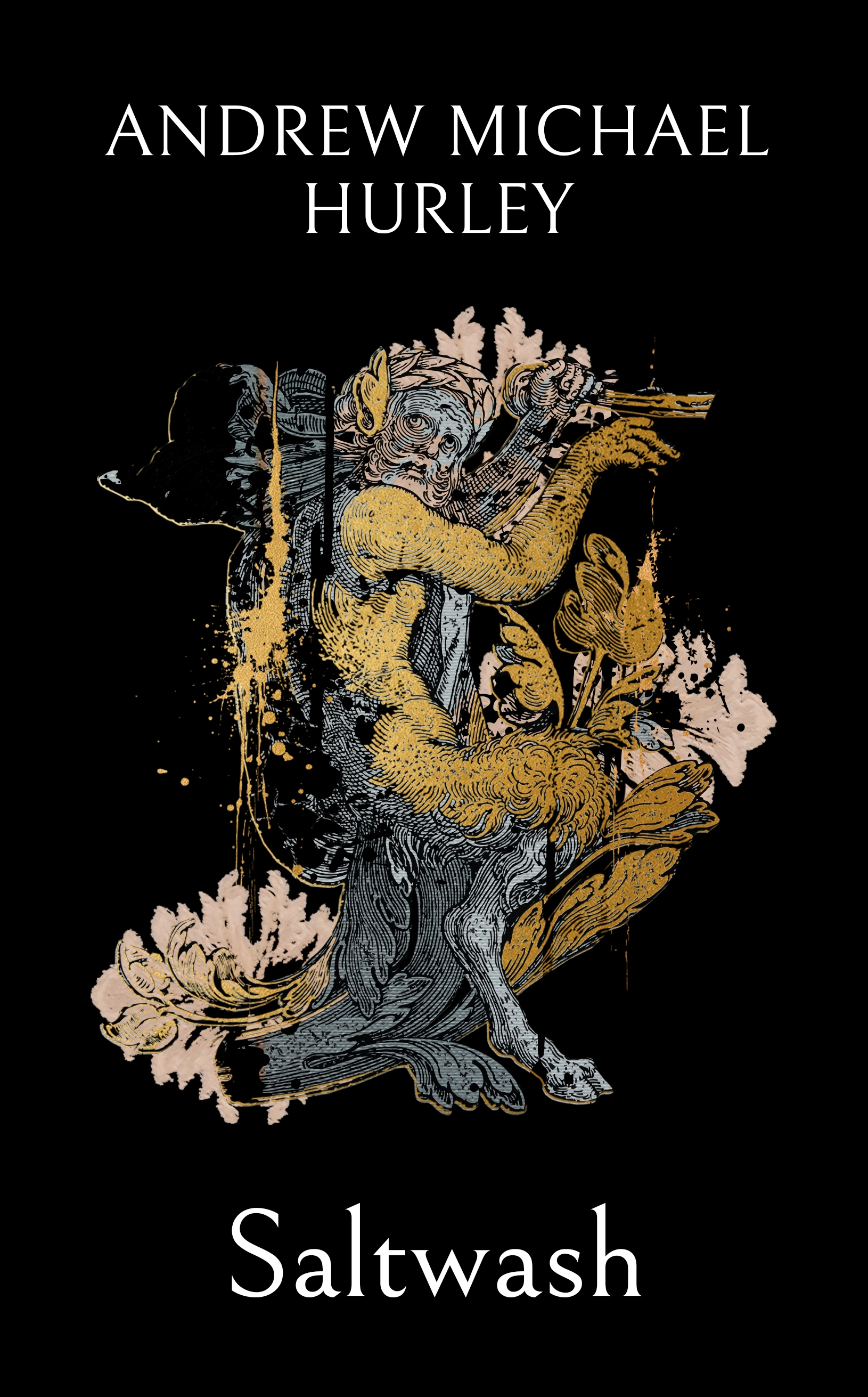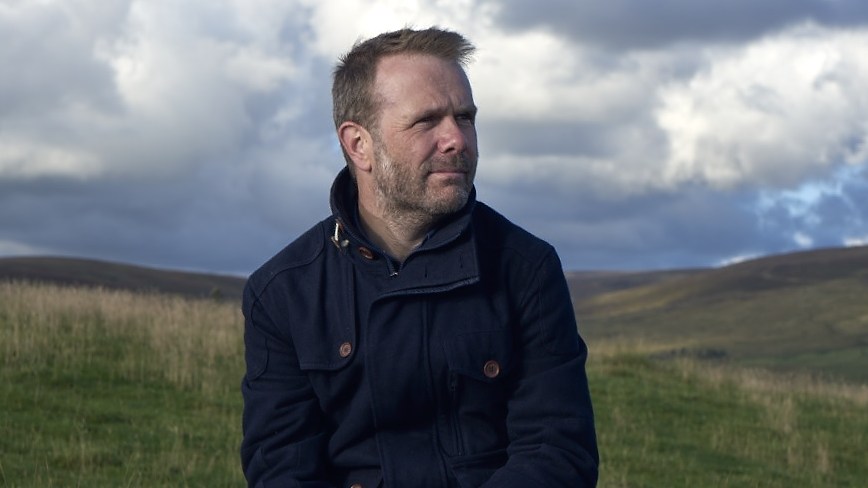In 2014, Tartarus Press — one of those publishers traditionally referred to as “tiny” — brought out Andrew Michael Hurley’s The Loney in a print run of 278. This strange tale of supernatural goings-on in a remote part of rural Lancashire was then picked up by the considerably less tiny John Murray Press, and ended up winning the Costa Book Award for first novel. Proving it wasn’t a fluke, Hurley’s next book, Devil’s Day (2017) — a strange tale of supernatural goings-on in a remote part of rural Lancashire — took the Encore award for a best second novel.
In something of a twist, his third, Starve Acre (2019), was a strange tale of supernatural goings-on in a remote part of rural Yorkshire, but had the same overwhelmingly vivid sense of place and increasingly unsettling atmosphere as some recently arrived outsiders discovered that an area’s ancient myths might not be quite so mythical after all.
By this point, Hurley was firmly established as a “folk-horror” author, a label he was initially happy to accept. In late 2019, though, he told an interviewer that “it does feel like Starve Acre is the end of that process. I want to branch out and try different things”.
So it is that in his first novel since, the supernatural has disappeared and he has also kept his promise in that interview to write about “urban spaces”. Nonetheless, old-school Hurley fans needn’t worry that he’s suddenly embraced straightforward metropolitan realism — because Saltwash is still abidingly strange. For one thing, as urban spaces go, the fictional but duly remote Lancastrian town of Saltwash is distinctly otherworldly, the way faded holiday resorts are, especially in winter.
Tom Shift, 75 — the latest soon-to-be-disconcerted Hurley outsider — arrives there on a rainy November Sunday to find “its glory days well over. There’d been a funfair once but all that remains of it now was a metal archway reading ‘Happylands’ in jocular multicoloured lettering and an acre of bramble bushes and nettles.” About the only establishment not shuttered up is the one Tom’s looking for — the would-be ornate Castle Hotel, “a place that took itself very seriously”, but that is equally stranded outside its time.

NOT KNOWN, CLEAR WITH PICTURE DESK
Tom’s reasons for the visit are pretty strange too. He has terminal cancer and, as part of an NHS pen-pal scheme, has been corresponding with a fellow sufferer called Oliver, whose emails have intrigued him with their erudition and enigmatic references to a nomadic showbiz life. Now Oliver has suggested they meet in person and has chosen the Castle (whose Kafkaesque name might not be
coincidental) as the place to do it.
But when Tom gets to the hotel, there’s no sign of him — just a large group of elderly people dressed to the nines for some sort of annual dinner, culminating in a mysterious draw that they are all desperate to win. Eventually, Oliver does show up and it’s clear that, as a longstanding member of the group, he’s invited Tom to be part of it.
• Nordic noir at its most original — plus the best crime fiction of 2025 so far
For much of the book, neither Tom nor we know why. Meanwhile, plenty of booze is drunk and as the small talk grows larger, it emerges that everybody present, Tom included, has done something terrible in their life for which they want absolution. There are hints (not least on the dust jacket) that this is where the draw might come in — but the evening proves far odder than that, in ways I’d better not reveal.
Threaded through all of this are Tom’s thoughts on the whole peculiar business of old age, illness, dying and death, and of ever having been alive in the first place — thoughts that provide some of the book’s most memorable passages. In the abstract, the notion that life and death are themselves deeply strange may not sound like a startling insight. Yet, by marrying it so closely to the strangeness of everything else unfolding at the Castle, Hurley makes it feel crunchingly arresting.
• Join The Sunday Times Get Britain Reading campaign
In other words, while his previous books have used the supernatural to convey the uncanniness of the world, here he cuts out the middleman and delivers the uncanny unmediated by anything beyond the human. The unexpected result is his spookiest novel. It’s also, I’d suggest, the best.
Saltwash by Andrew Michael Hurley (John Murray £16.99 pp256). To order a copy go to timesbookshop.co.uk. Free UK standard P&P on orders over £25. Special discount available for Times+ members.

